Tracking Your Way to Fitness Success: The Top Fitness Trackers to Help You Crush Your Goals.
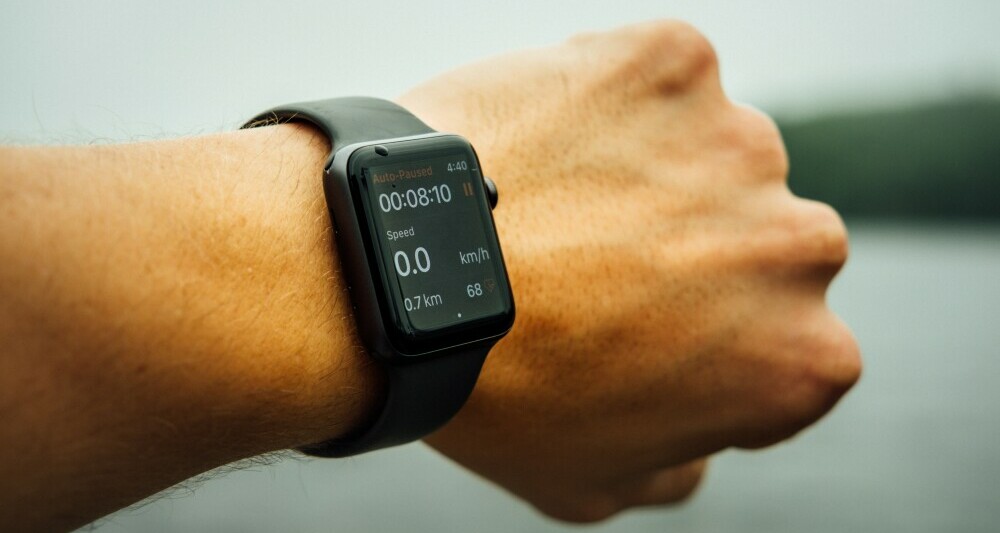
In today’s technology-driven world, fitness tracking has become an essential tool for those looking to achieve their health and fitness goals. Gone are the days of manually tracking your steps or guessing how many calories you burned during your workout. Fitness trackers have revolutionized the way we monitor our progress, providing us with accurate data and valuable insights to help us stay on track and crush our fitness goals. In this blog post, we will explore the top fitness trackers available on the market today. From advanced features like heart rate monitoring and sleep tracking to sleek designs and user-friendly interfaces, these fitness trackers are sure to motivate and empower you on your fitness journey. Whether you’re a seasoned athlete or just beginning your fitness journey, join us as we dive into the world of fitness tracking and discover the perfect device to help you achieve success.
Benefits of using a fitness tracker
Using a fitness tracker can be a game-changer when it comes to achieving your fitness goals. These devices have become increasingly popular in recent years, and for good reason. The benefits of using a fitness tracker are numerous and can greatly enhance your fitness journey. One of the key benefits of a fitness tracker is its ability to provide accurate and real-time data about your activity levels. Whether you’re tracking steps, distance, calories burned, heart rate, or sleep patterns, a fitness tracker can give you valuable insights into your daily habits and overall progress.
This data allows you to make informed decisions about your workouts, nutrition, and lifestyle choices. Another advantage of using a fitness tracker is the ability to set and monitor your goals.These devices allow you to set specific targets, such as steps per day or calories burned, and track your progress towards those goals. This not only helps to keep you motivated but also provides a sense of accomplishment as you see yourself getting closer to your desired outcomes.
Fitness trackers also offer features that promote accountability and healthy competition. Many devices have social sharing options that allow you to connect with friends or join fitness communities. This can provide an extra layer of support and encouragement as you challenge each other to reach new milestones. Additionally, fitness trackers can help you optimize your workouts and prevent overtraining or injury.By monitoring your heart rate and exertion levels, you can ensure that you’re working out at the right intensity for your fitness level and goals. Some advanced trackers even offer personalized training plans and guidance to help you achieve specific objectives, such as running a marathon or losing weight.
Lastly, one of the most significant benefits of using a fitness tracker is the increased awareness and mindfulness it brings to your daily routine. Being able to see your activity levels and progress can inspire you to make healthier choices throughout the day.Whether it’s taking the stairs instead of the elevator or going for a walk during your lunch break, the awareness created by a fitness tracker can positively impact your overall health and well-being. In conclusion, incorporating a fitness tracker into your fitness journey can provide a multitude of benefits. From tracking your activity and goals to promoting accountability and mindfulness, these devices can be powerful tools to help you crush your fitness goals and attain success on your path to a healthier lifestyle.
Key features to consider when choosing a fitness tracker
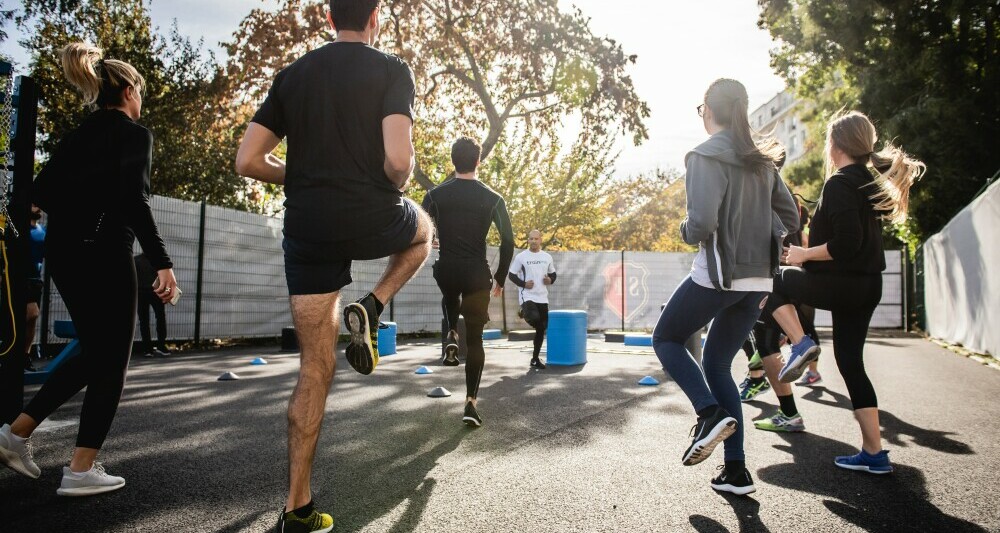
When choosing a fitness tracker, it’s important to consider key features that will help you track your way to fitness success. The first feature to consider is the tracking capabilities of the device. Look for a fitness tracker that can accurately track steps, distance, calories burned, and heart rate. This will provide you with a comprehensive overview of your daily activity levels and help you measure your progress towards your fitness goals. Another important feature to consider is the battery life of the fitness tracker. You’ll want a device that can last throughout the day and even through intense workout sessions without needing to be charged frequently. Look for a fitness tracker with a battery life of at least a few days to ensure it can keep up with your active lifestyle.
Water resistance is another key feature to consider, especially if you enjoy activities like swimming or intense workouts that make you sweat. A water-resistant fitness tracker will allow you to track your progress even in wet or humid conditions, without worrying about damaging the device. Additionally, consider the compatibility of the fitness tracker with your smartphone or other devices.
Look for a tracker that can sync seamlessly with your preferred fitness app to provide you with a more comprehensive analysis of your data and make it easier to track your progress over time. Lastly, consider the design and comfort of the fitness tracker. It should be comfortable to wear throughout the day and during workouts, with a strap that is adjustable and fits securely on your wrist. The display should be easy to read and navigate, allowing you to access your data quickly and conveniently. By considering these key features, you can choose a fitness tracker that best suits your needs and helps you track your way to fitness success.
Top fitness trackers in the market
When it comes to tracking your fitness progress, having the right tool can make all the difference. Fitness trackers have become increasingly popular in recent years, providing users with valuable insights into their activity levels, sleep patterns, and overall health. If you’re in the market for a fitness tracker, here are the top options to consider.
Fitbit Charge 5

- Features: ECG app, stress management score, sleep tracking, 24/7 heart rate, built-in GPS, activity tracking, swim-proof design.
- Advantages: An advanced fitness and health tracker with built-in GPS, heart rate monitoring, and stress management tools.
- Disadvantages: Limited compatibility with third-party apps, relatively high price, and shorter battery life compared to some competitors.
Garmin Vivosmart 4

- Features: Pulse Ox sensor, advanced sleep tracking, VO2 max estimation, stress tracking, body battery energy monitoring, wrist-based heart rate.
- Advantages: A sleek and stylish fitness tracker with advanced sleep monitoring and fitness tracking capabilities.
- Disadvantages: Small display size, no built-in GPS, and limited smart features compared to smartwatches.
Amazfit Band 5

- Features: Amazon Alexa, blood oxygen saturation measurement, 24/7 heart rate monitoring, sleep tracking, stress monitoring, 11 sports modes, water-resistant.
- Advantages: An affordable fitness tracker with a range of health and fitness features, including Amazon Alexa built-in.
- Disadvantages: Basic design, accuracy of some health metrics can be inconsistent, and limited third-party app support.
Fitbit Inspire 2
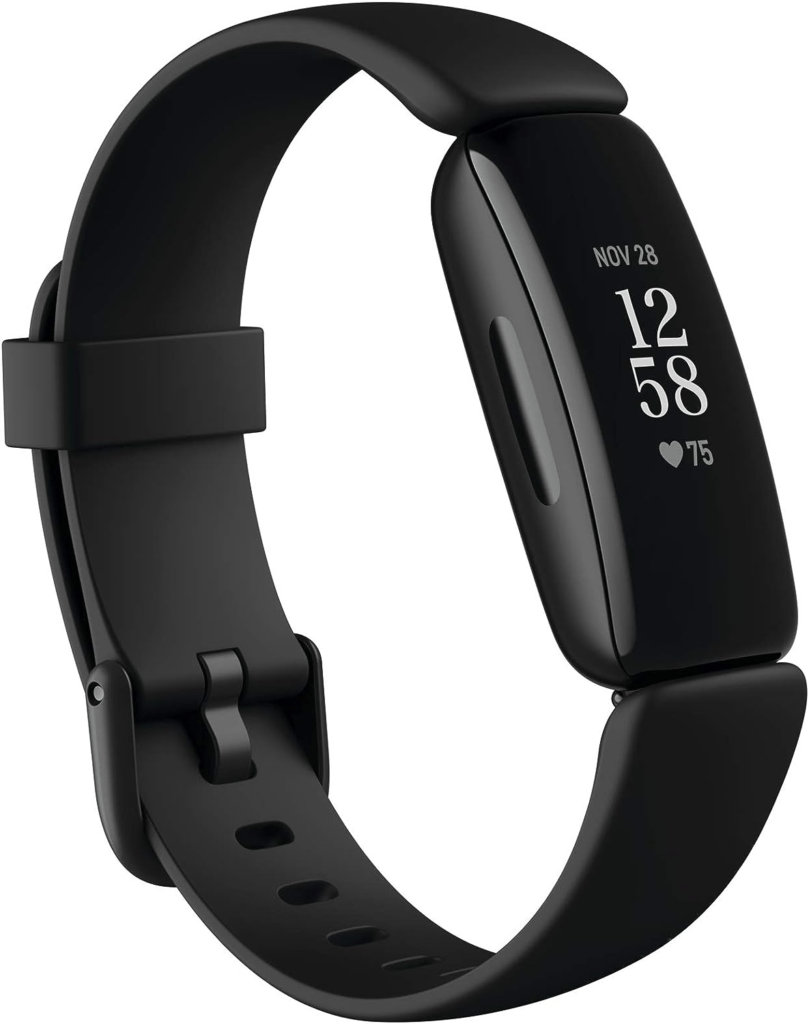
- Features: 24/7 heart rate monitoring, sleep tracking, activity tracking, up to 10 days of battery life, swim-proof design, guided breathing sessions.
- Advantages: A simple and user-friendly fitness tracker designed to help you build healthy habits.
- Disadvantages: No built-in GPS, small display, and basic feature set compared to more advanced models.
Garmin Forerunner 45
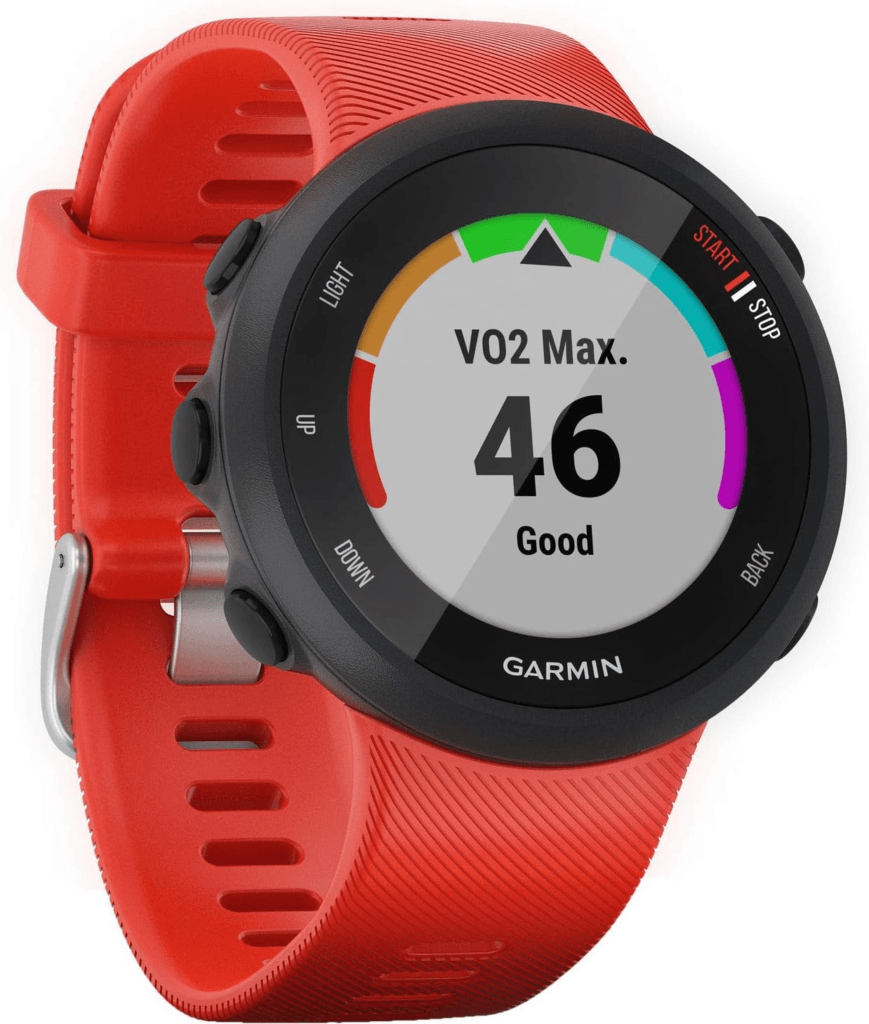
- Features: Built-in GPS, heart rate monitoring, activity tracking, stress tracking, body battery energy monitoring, smart notifications, Garmin Coach.
- Advantages: A GPS running watch with essential features for runners and fitness enthusiasts.
- Disadvantages: Limited non-running sports modes, smaller display size, and lacks advanced features found in higher-end models.
Xiaomi Mi Band 6

- Features: SpO2 tracking, 24/7 heart rate monitoring, sleep tracking, stress monitoring, 30 fitness modes, AMOLED display, water-resistant.
- Advantages: A budget-friendly fitness tracker with a large display and a wide range of health and fitness features.
- Disadvantages: App interface can be clunky, accuracy of some health metrics can be inconsistent, and limited integration with other health apps.
Samsung Galaxy Fit 2
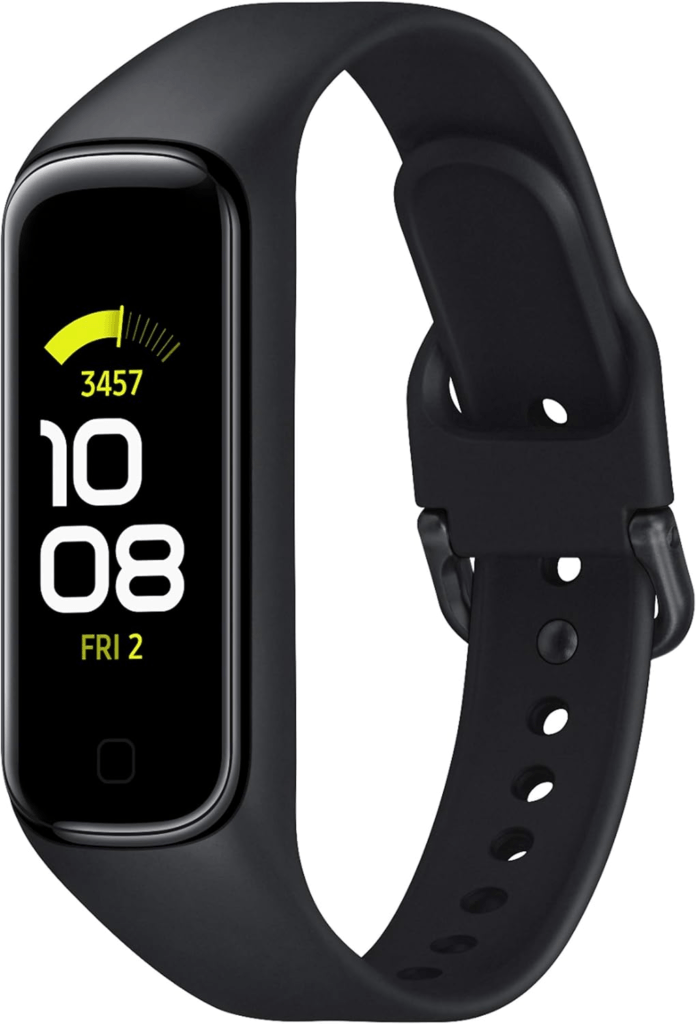
- Features: 24/7 heart rate monitoring, sleep tracking, stress management, activity tracking, water-resistant, up to 15 days of battery life.
- Advantages: A lightweight and stylish fitness tracker with a bright AMOLED display and comprehensive tracking features.
- Disadvantages: Limited functionality compared to Samsung smartwatches, no built-in GPS, and some users report connectivity issues.
WHOOP Strap 4.0
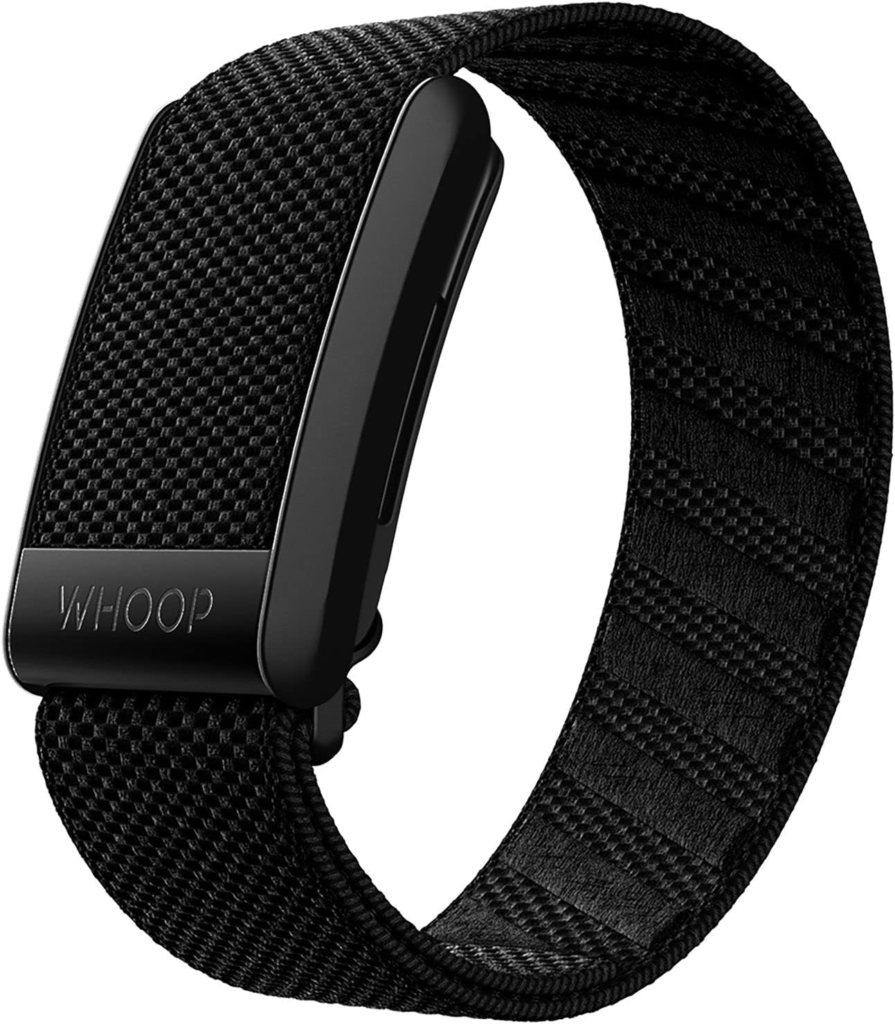
- Features: Heart rate variability, sleep tracking, recovery insights, strain coach, continuous heart rate monitoring, waterproof.
- Advantages: A performance-focused fitness tracker that provides insights into your recovery, sleep, and strain.
- Disadvantages: Requires a subscription for full features, lacks a display, and can be expensive over time due to subscription costs.
Polar Ignite 2
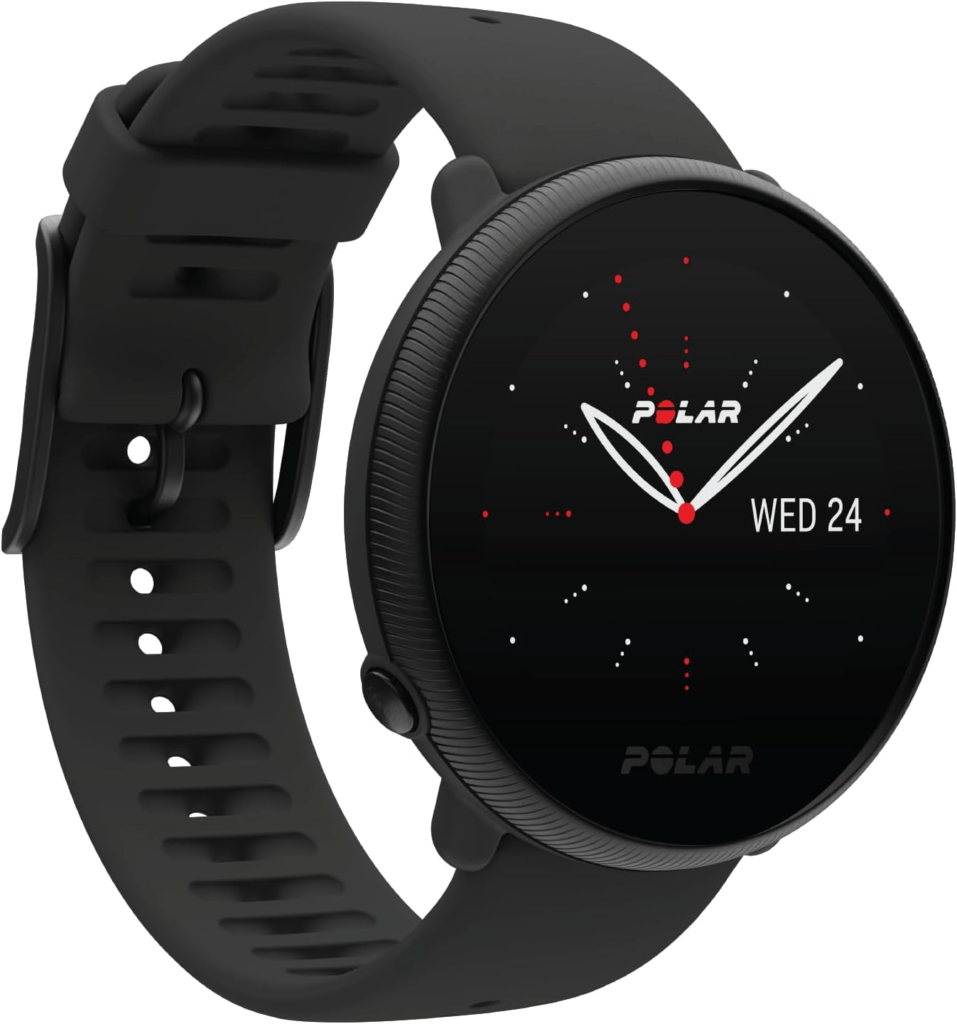
- Features: Sleep tracking, Serene breathing exercises, FitSpark daily training guide, built-in GPS, wrist-based heart rate monitoring, activity tracking.
- Advantages: A versatile fitness watch with personalized training guidance and wellness tracking.
- Disadvantages: Limited app ecosystem, bulky design for some users, and shorter battery life with intensive GPS use.
Amazfit Bip U Pro
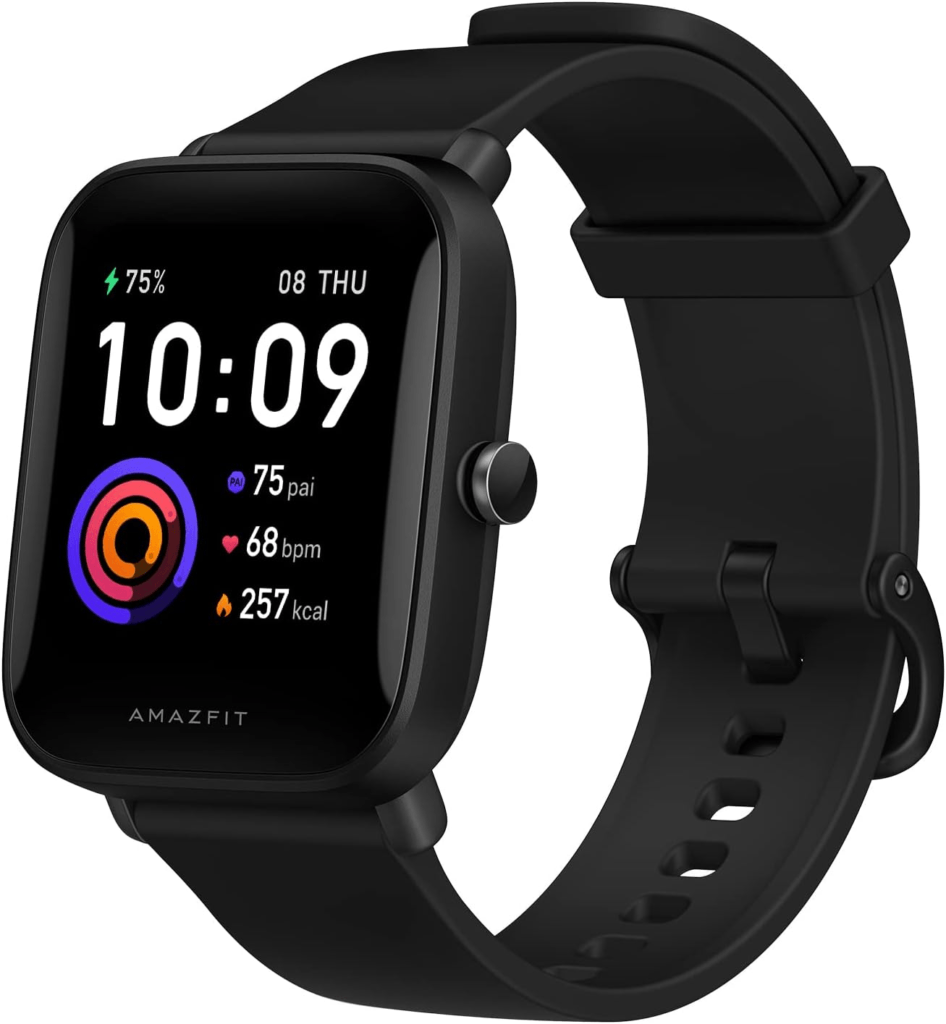
- Features: Built-in GPS, Amazon Alexa, blood oxygen measurement, heart rate monitoring, sleep tracking, stress monitoring, 60+ sports modes, water-resistant.
- Advantages: A feature-packed fitness tracker with built-in GPS and Alexa, offering excellent value for money.
- Disadvantages: Basic design, app interface can be slow, and limited third-party app support.
How to make the most of your fitness tracker
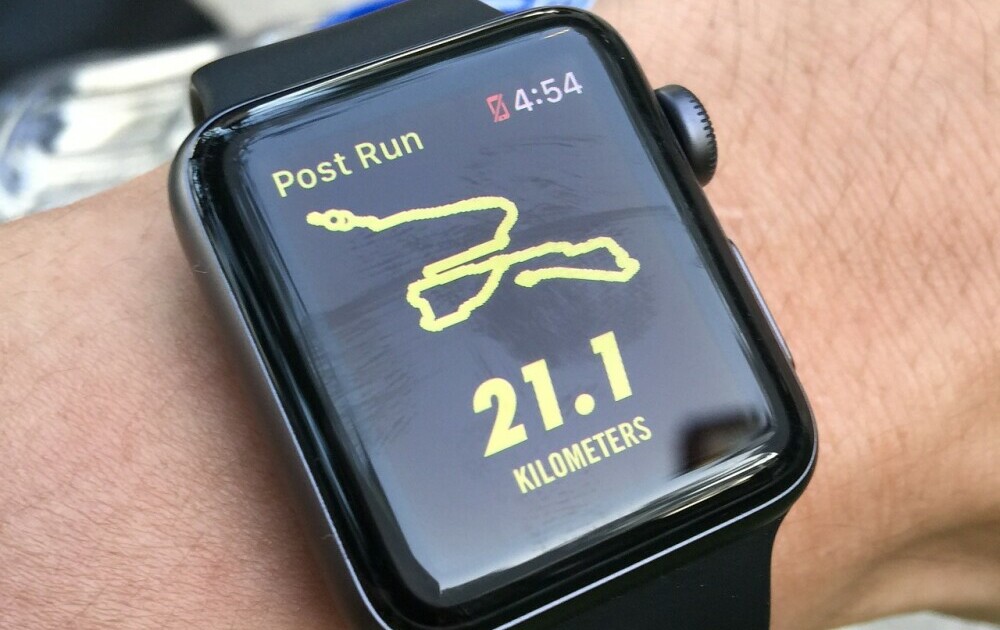
To make the most of your fitness tracker, it’s important to understand its features and how to use them effectively. First and foremost, familiarize yourself with the tracking abilities of your device. Most fitness trackers can monitor steps, distance traveled, calories burned, heart rate, and even sleep patterns. By understanding what your fitness tracker can track, you can set specific goals and track your progress over time.
Next, take advantage of the data and insights provided by your fitness tracker. Many devices come paired with mobile apps or online platforms that allow you to view and analyze your activity data. Use these tools to gain insights into your performance, identify patterns, and make necessary adjustments to your fitness routine. It’s also crucial to wear your fitness tracker consistently and correctly. Ensure that the device is properly positioned on your wrist or body to accurately capture data. Remember to keep it charged and synced with your device to avoid missing out on any valuable information.
In addition, make use of the motivational features offered by your fitness tracker. Many devices can send reminders and notifications to keep you active throughout the day. You can set daily step goals, challenge friends, or earn badges for achieving milestones. These features can provide the extra motivation needed to stay on track and reach your fitness goals.
Lastly, don’t forget about the social aspect of fitness tracking. Many fitness trackers have a community or social component where you can connect with other users, share your achievements, and participate in challenges. Engaging with others can provide support, accountability, and even some friendly competition to keep you motivated and engaged.